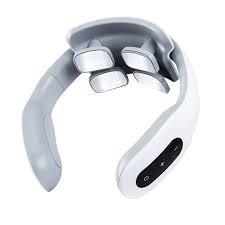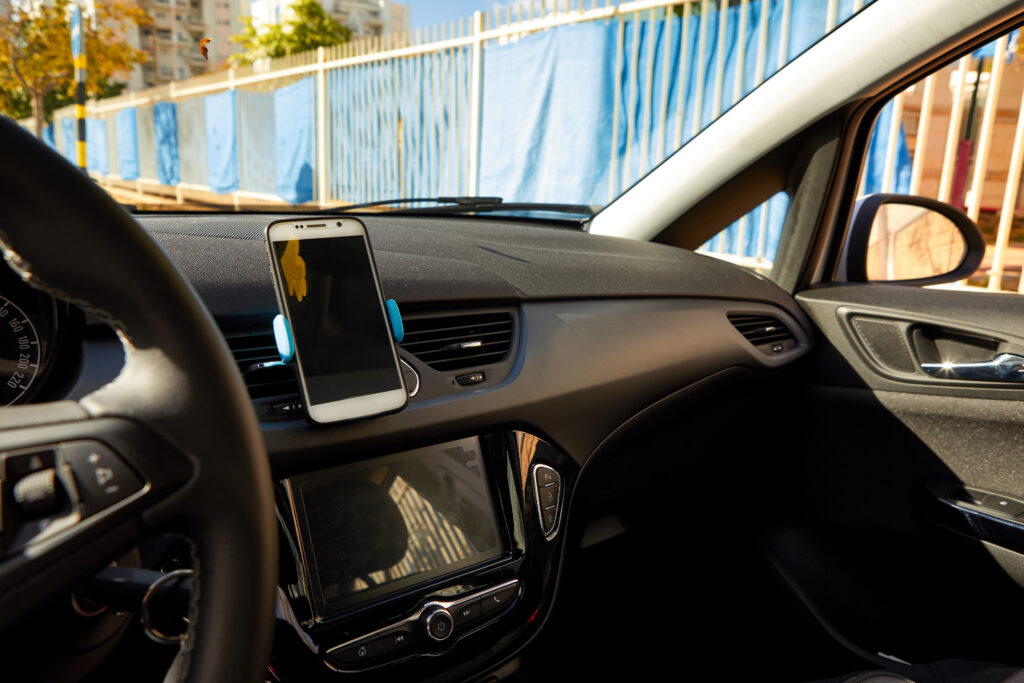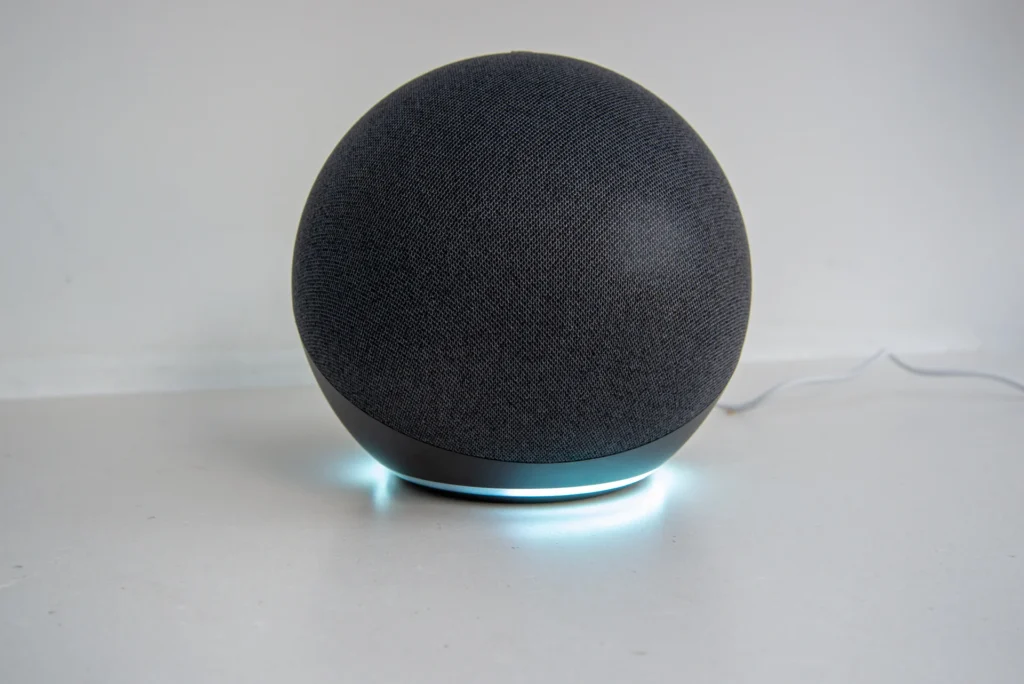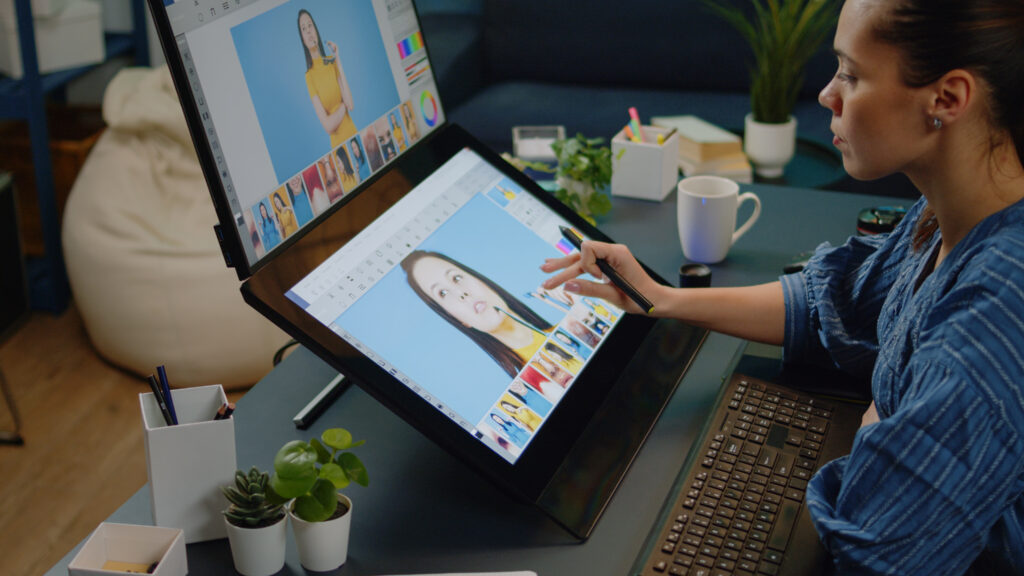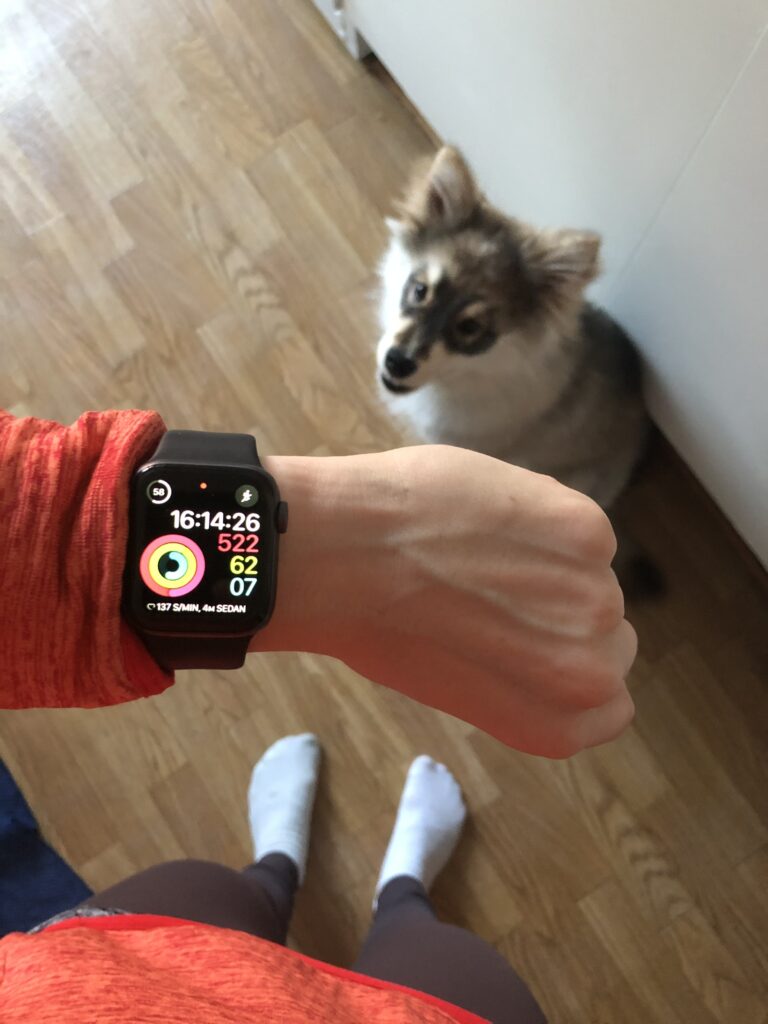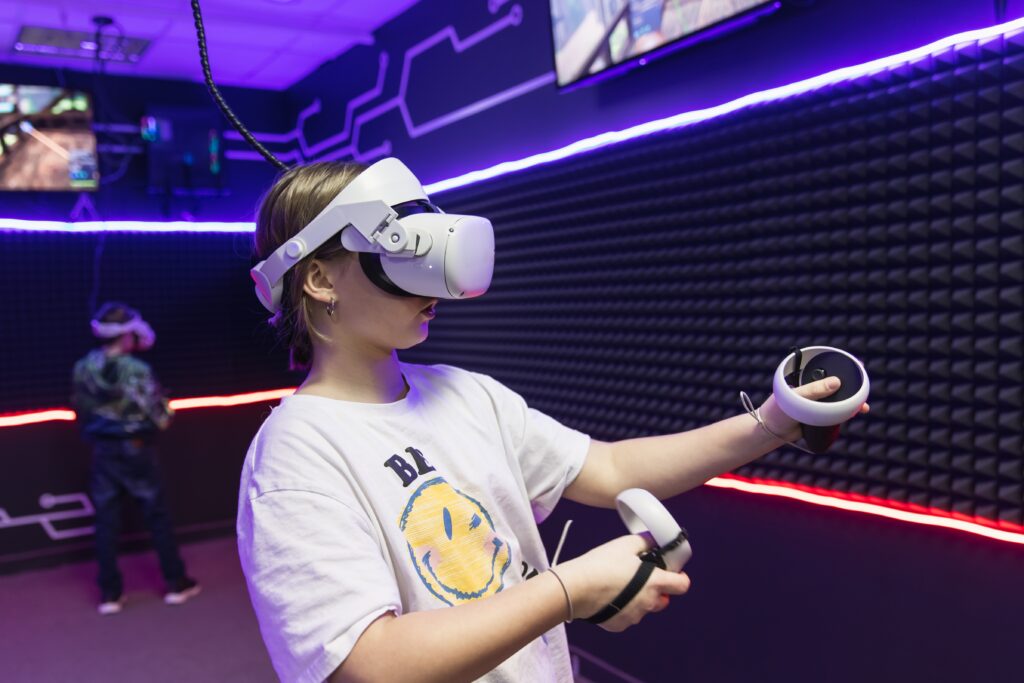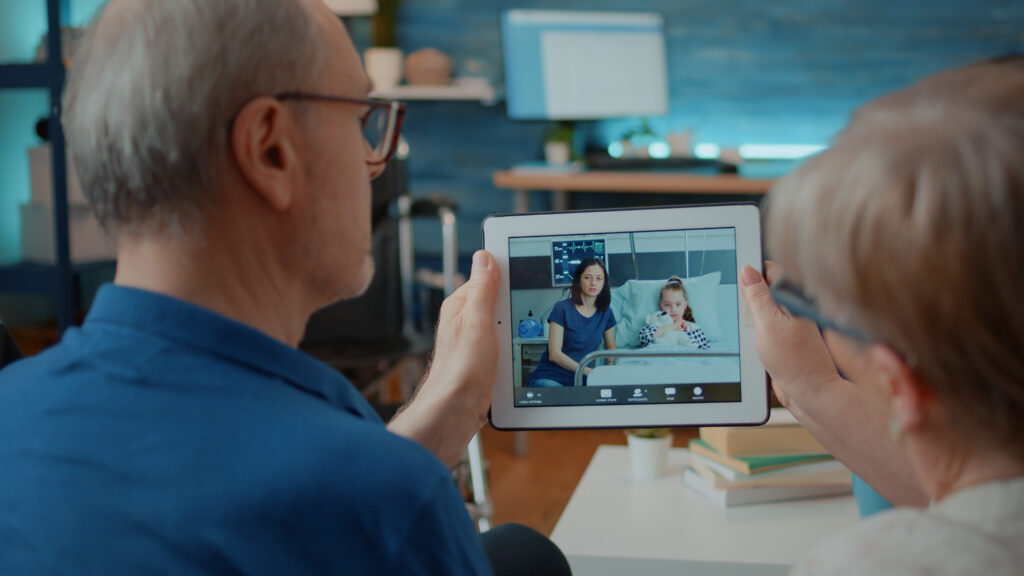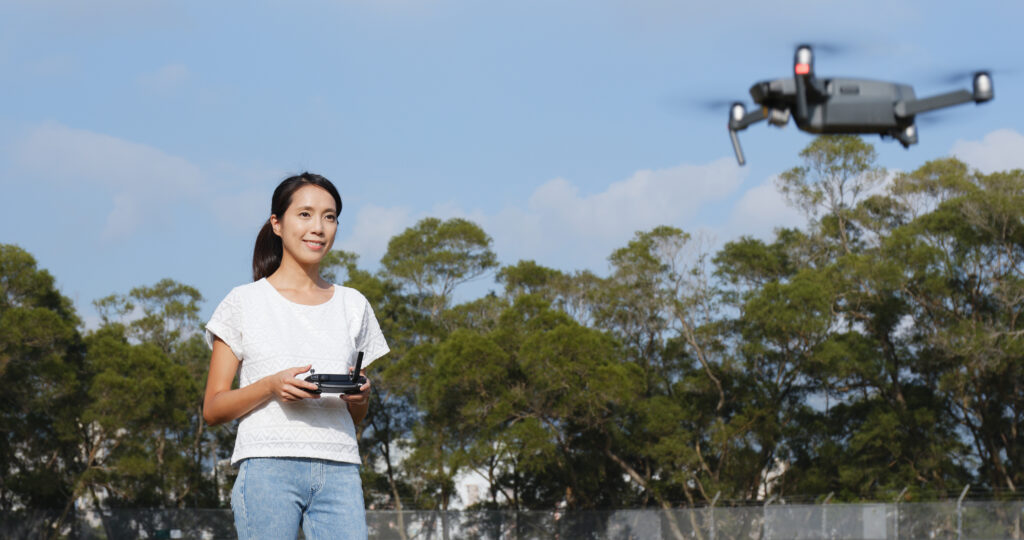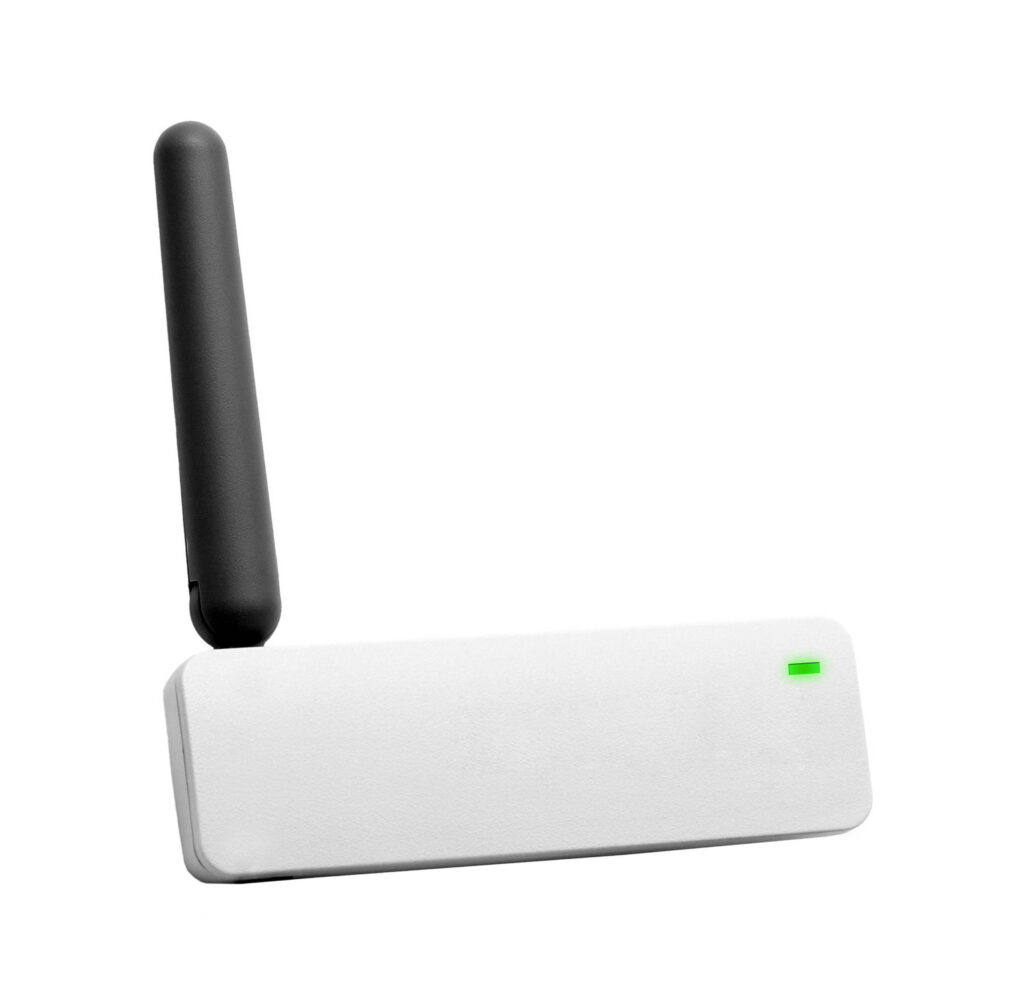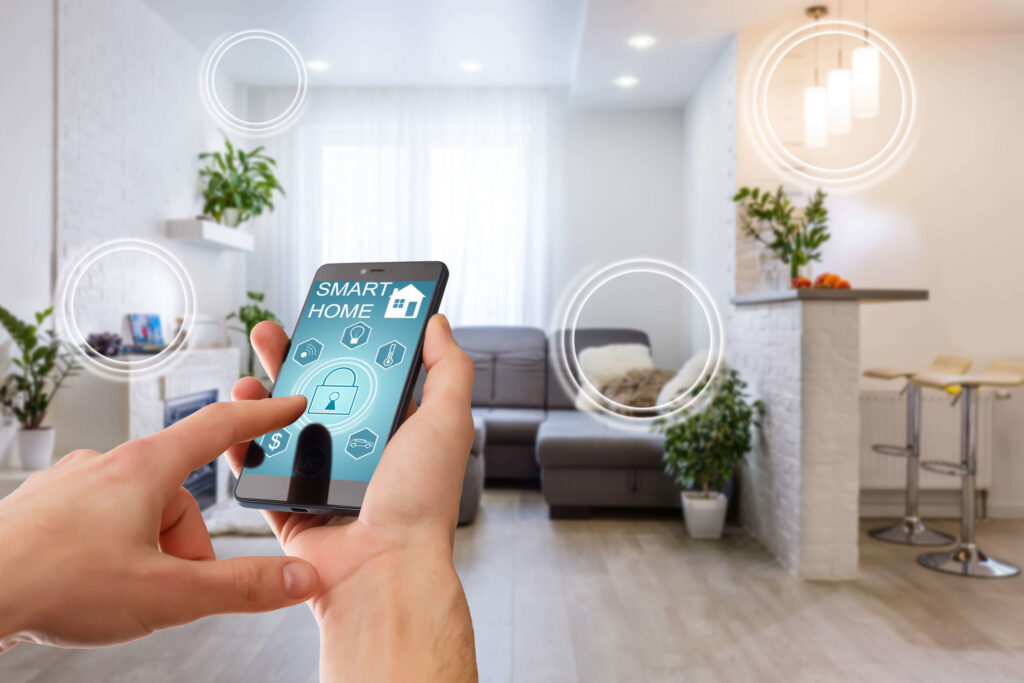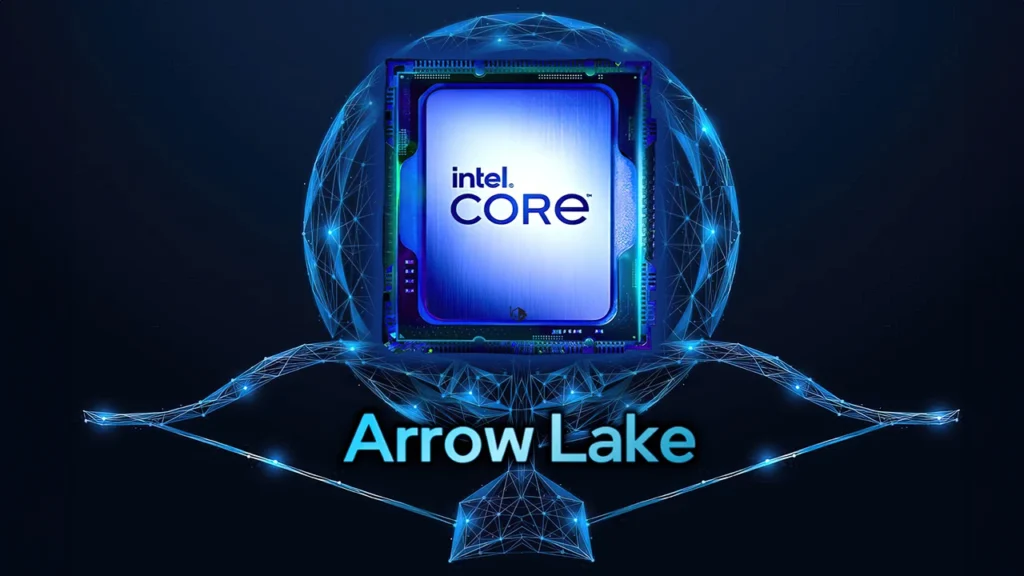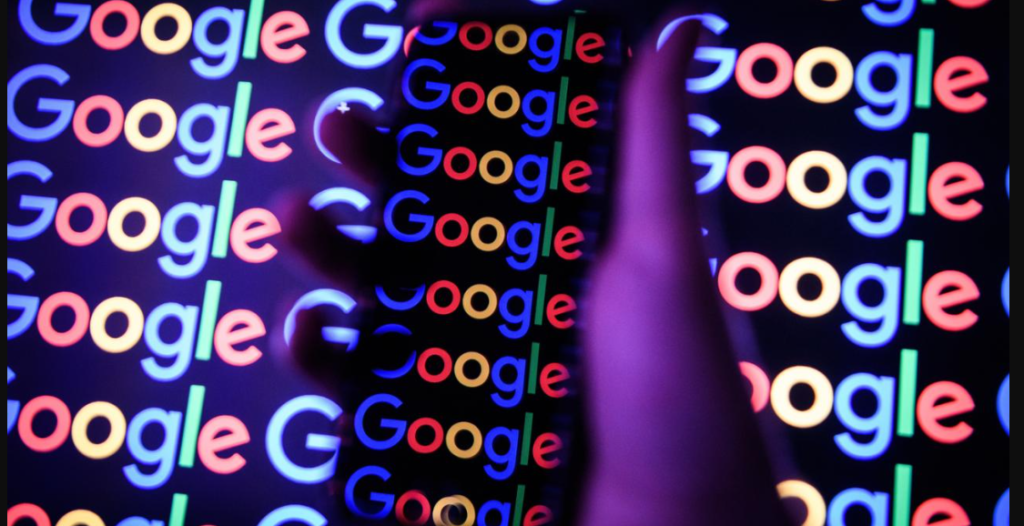Smart TV Capture Viewership Snapshots Every Second

Introduction
Smart TV has transformed how we consume media, offering an interactive experience beyond traditional television.
With the ability to capture viewership snapshots every second, these devices provide valuable insights into viewer preferences and habits. In this article, we’ll explore how smart TVs monitor your viewing activity, the privacy implications, and what the future holds for this technology.
What Are Smart TV?
Smart TVs are internet-connected televisions that allow users to stream content, browse the web, and access applications. Unlike conventional TVs, smart TV integrate advanced features, enabling them to gather data about viewing habits.
This data collection includes capturing snapshots of what viewers watch multiple times per second, and facilitating personalized recommendations and targeted advertisements.
The Technology Behind Smart TVs
Smart TVs utilize sophisticated algorithms to analyze viewing data. By capturing snapshots frequently, they can understand which content resonates with viewers. This technology involves:
- Data Processing: Smart TVs process data locally and in the cloud to enhance performance and responsiveness.
- User Interaction: They adapt to user preferences based on the captured data, improving the overall viewing experience.
How Do Smart TVs Capture Viewership Snapshots?
Smart TVs leverage various technologies to monitor viewer activity:
1. Built-in Cameras and Microphones
Many smart TV come equipped with cameras and microphones, enabling them to track user engagement. This technology captures how often viewers change channels, pause content, or interact with on-screen features.
2. Smart Sensors
These sensors detect when a user is in the room and their interactions with the TV. For instance, if a viewer pauses a show frequently, the TV can interpret this as a sign of interest, potentially suggesting similar content.
3. Cloud Computing
Smart TVs often rely on cloud services to store and analyze viewing data. This information is processed to improve user recommendations and advertisements, further personalizing the viewing experience.
Privacy Concerns with Smart TVs
While the capabilities of smart TVs offer significant advantages, they also raise important privacy concerns. Capturing snapshots of viewer activity can lead to potential misuse of data. Here are some considerations:
1. Data Security
Smart TVs collect vast amounts of data, which can be vulnerable to hacking. Unauthorized access to personal viewing habits could result in privacy violations.
2. Informed Consent
Many users are unaware of the extent to which their data is collected. Clear communication from manufacturers regarding data collection practices is crucial to ensure informed consent.
Future Trends in Smart TV Technology
As technology advances, smart TVs are expected to evolve in various ways:
1. Enhanced AI Integration
Future smart TVs will likely incorporate more advanced artificial intelligence, enabling even better viewer preferences and habits predictions.
2. Improved Data Privacy Measures
Manufacturers will need to address privacy concerns by implementing stricter data protection measures. This might include enhanced encryption and clearer user consent processes.
Read More Articles Like This: Click Here!
Conclusion
Smart TVs are revolutionizing the viewing experience by capturing snapshots of what you watch every second. While this technology offers personalized content and recommendations, it also poses privacy challenges that must be addressed.
As we move forward, manufacturers need to prioritize user privacy while continuing to innovate. Engage with us by sharing your thoughts on how smart TVs have changed your viewing habits!































